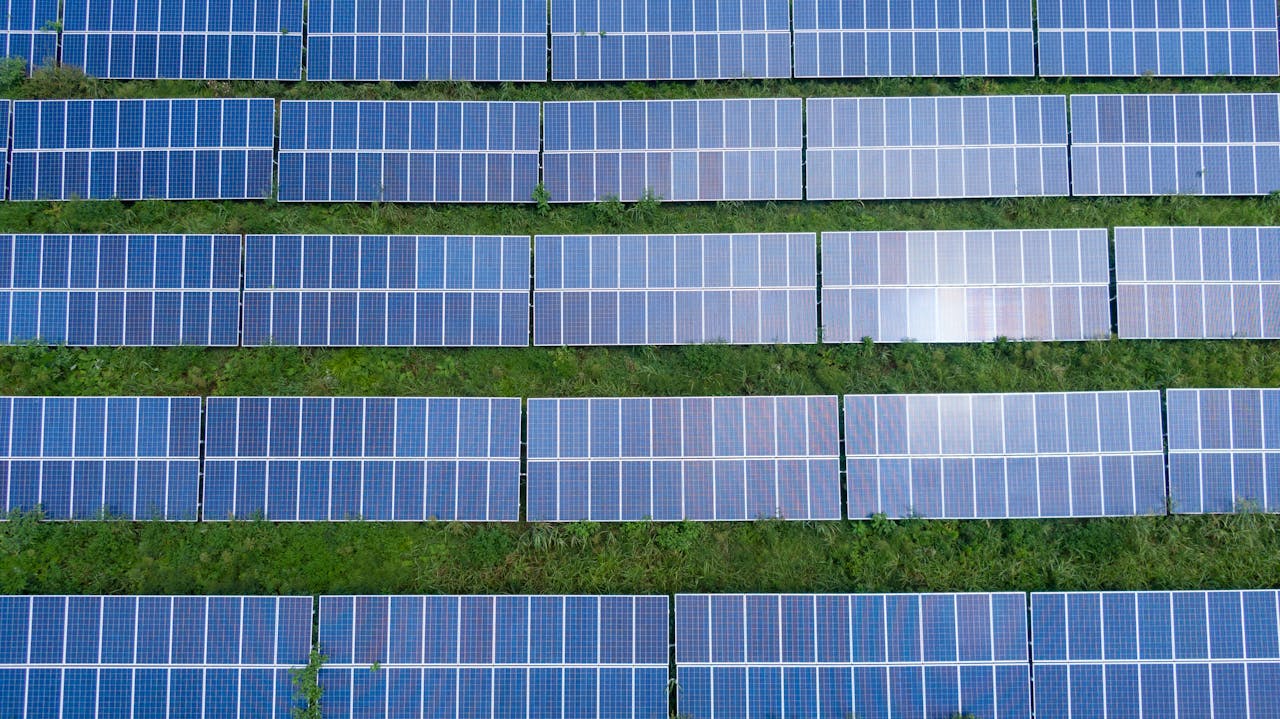Comments
- No comments found

Energy efficiency is not just a seasonal concern but a year-round imperative with far-reaching benefits.
From cost savings and environmental protection to enhanced comfort and energy security, the advantages of maintaining energy efficiency throughout the year are substantial.
While the energy efficiency of your home becomes a big topic in winter, when temperatures are much colder and energy bills are rising, it’s a topic that shouldn’t be overlooked, even on the warmest of days.

The energy efficiency of a home refers to the amount of energy it consumes compared to similar homes. It is a measure of how effectively the home uses energy, and it can have a significant impact on both the environment and your wallet.
In recent years there has been a greater focus placed on the energy efficiency of the housing stock in the UK. The UK government has reviewed the current state of old properties and introduced initiatives and energy grant schemes to encourage homeowners to make changes and upgrades to their homes in alignment with the government’s plans to achieve net zero emissions by 2050.
Reduces energy consumption: An energy-efficient home uses less energy, which not only saves money on utility bills but also reduces the demand for fossil fuels, ultimately helping to combat climate change.
Increases comfort: An energy-efficient home is well-insulated and sealed, meaning it maintains a consistent temperature throughout the year. This improves comfort levels by eliminating drafts and cold spots.
Improves indoor air quality: homes that save energy are typically well-ventilated, reducing the risk of mould and other pollutants that can negatively affect your health.
Increases home value: In today's environmentally conscious society, energy efficiency is becoming a more critical factor in home buying decisions. A highly efficient home can add value to your property.
Your EPC rating certificate is the best way to determine whether or not your home is energy efficient. Rating properties on a scale from G to A.
Each property is supplied with a certificate from a registered assessor. Who reviews a property based on a number of factors:
A property’s build quality, this is particularly important for new builds and renovations
Size and shape of the property
The heating and hot water systems in place
Insulation installed in the property
Glazing of windows (double glazing/triple glazing)
A property will be rated highly if the assessor considers it to be energy efficient. Anything above A, at the moment, is considered to be a generally good rating.
While your home will receive its original EPC rating, there’s no reason to stop you making improvements in order to increase your rating from a low rating to one above a C. In fact, the government has in place schemes and grants to support households in doing this.
Measures such as new insulation, boiler upgrades, air source heat pumps, and solar panels can be installed in a home to improve its EPC certification rating. Other methods can include:
Installing double or triple glazing
Sealing draughts around doors and windows
Switching to energy saving light bulbs - LED lighting
Opting for renewable energy sources such as thermal, wind or hydrogen
In making these changes and improvements you will notice a considerable difference in your energy bills. Saving energy in areas you may never have even considered before!

An energy-efficient home is not only beneficial for your personal finances, but it also helps the environment in several ways:
It is therefore an important factor not just for the winter months but all year round and for a greener future. As we tackle the issue of climate change over the next decade a greater focus will be placed on energy efficiency across the UK. Doing your bit to improve your home's energy consumption and to reduce energy waste is just one step forward in saving the planet for the next generations.
Leave your comments
Post comment as a guest